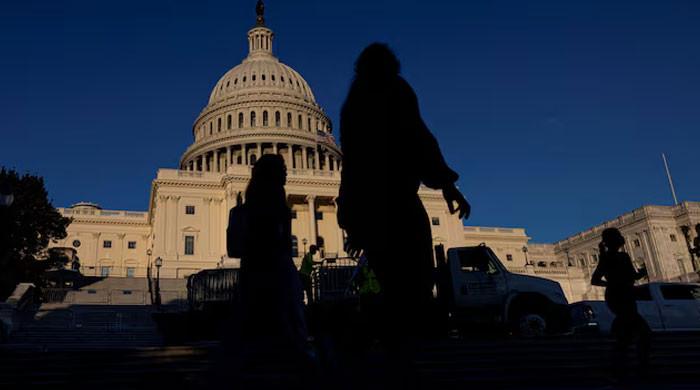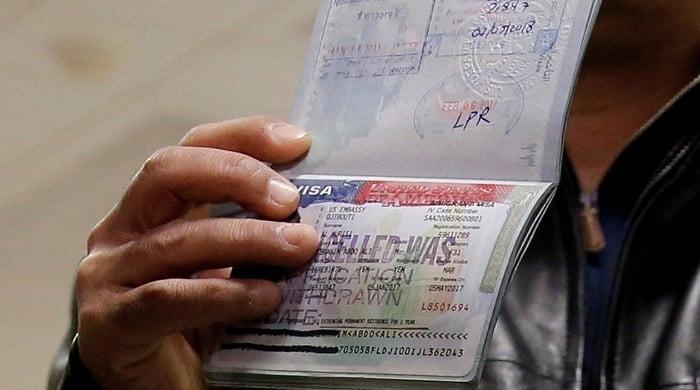Greece PM's party wins election, seeks coalition as majority eludes
With over half the ballots counted, his New Democracy party attained 40.9% of the votes
May 22, 2023

In the Greek election, Prime Minister Kyriakos Mitsotakis' conservative party secured a resounding victory, according to initial results. However, falling short of an outright majority, Mitsotakis would likely call for a new ballot in about a month's time.
With over half the ballots counted, his New Democracy party attained 40.9% of the votes, leading by a substantial 20-point margin over leftist rival Alexis Tsipras' Syriza party, which obtained 20.1%.
Mitsotakis now faces a decision between engaging in arduous negotiations with his opponents to form a coalition government or opting for a fresh election, potentially in early July. The response from prominent members of his party suggests that a new vote is highly probable. Former foreign minister Nikos Dendias expressed astonishment at the outcome, hailing it as an extraordinary result.
Takis Theodorikakos, a minister and senior official from Mitsotakis' party, indicated that the conservatives could gather enough support in a second election to continue implementing reforms as an autonomous government. Another New Democracy minister, Theodoros Skylakakis, highlighted that the reactions from other parties indicated an impending second election.
The result deals a heavy blow to Tsipras, who has now lost his fourth consecutive electoral battle against Mitsotakis. Tsipras served as the prime minister from 2015 to 2019, during which he navigated challenging negotiations with creditors that almost led to Greece's exit from the euro.
In some areas, Tsipras even trails behind the third-ranked socialist party Pasok-Kinal, led by Nikos Androulakis, with early results showing Pasok at 12.6% nationwide. Initially seen as a potential coalition partner for Mitsotakis, Androulakis's relationship with the prime minister soured when he discovered he had been under state surveillance.
The wiretapping scandal, which emerged last year and prompted the resignation of the head of the intelligence service and a nephew of Mitsotakis, did not appear to significantly impact the Conservative party's results. The election outcome exceeded the 6-8% lead predicted by pollsters prior to the election. The recent train crash that claimed 57 lives in February also had seemingly little effect on the vote.
Despite the challenges and inequalities faced by the country, retiree Glykeria Tzima expressed satisfaction with the election results, emphasizing the continuation of the progress made in the last four years. On the other hand, Georgios Koulouris, a miner living in Australia who returned to vote, highlighted deep-seated challenges and inequality that persist in Greece, including stagnant salaries and soaring rents, contributing to a brain drain phenomenon.









